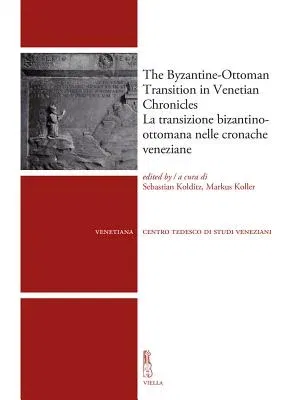Carlo Campana
(Author)The Byzantine-Ottoman Transition in Venetian Chronicles / La Transizione Bizantino-Ottomana Nelle Cronache VenezianePaperback, 30 April 2018

Qty
1
Turbo
Ships in 2 - 3 days
In Stock
Free Delivery
Cash on Delivery
15 Days
Free Returns
Secure Checkout

Part of Series
Venetiana
Print Length
328 pages
Language
ItalianEnglish
Publisher
Viella
Date Published
30 Apr 2018
ISBN-10
8867289179
ISBN-13
9788867289172
Description
Product Details
Authors:
Book Format:
Paperback
Country of Origin:
US
Date Published:
30 April 2018
ISBN-10:
8867289179
ISBN-13:
9788867289172
Language:
Italian
English
Location:
Rome
Pages:
328
Publisher:
Series:
Weight:
970.69 gm